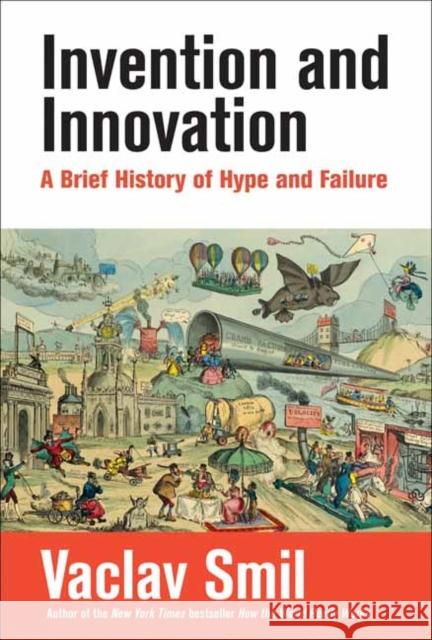Invention and Innovation: A Brief History of Hype and Failure » książka
topmenu
Invention and Innovation: A Brief History of Hype and Failure
ISBN-13: 9780262048057 / Angielski / Twarda / 2023 / 208 str.
Invention and Innovation: A Brief History of Hype and Failure
ISBN-13: 9780262048057 / Angielski / Twarda / 2023 / 208 str.
cena 137,32
(netto: 130,78 VAT: 5%)
Najniższa cena z 30 dni: 101,91
(netto: 130,78 VAT: 5%)
Najniższa cena z 30 dni: 101,91
Termin realizacji zamówienia:
ok. 10-14 dni roboczych.
ok. 10-14 dni roboczych.
Darmowa dostawa!
Kategorie:
Kategorie BISAC:
Wydawca:
MIT Press Ltd
Język:
Angielski
ISBN-13:
9780262048057
Rok wydania:
2023
Ilość stron:
208
Wymiary:
22.9 x 15.2
Oprawa:
Twarda
Dodatkowe informacje:
Bibliografia
Wydanie ilustrowane
Wydanie ilustrowane











